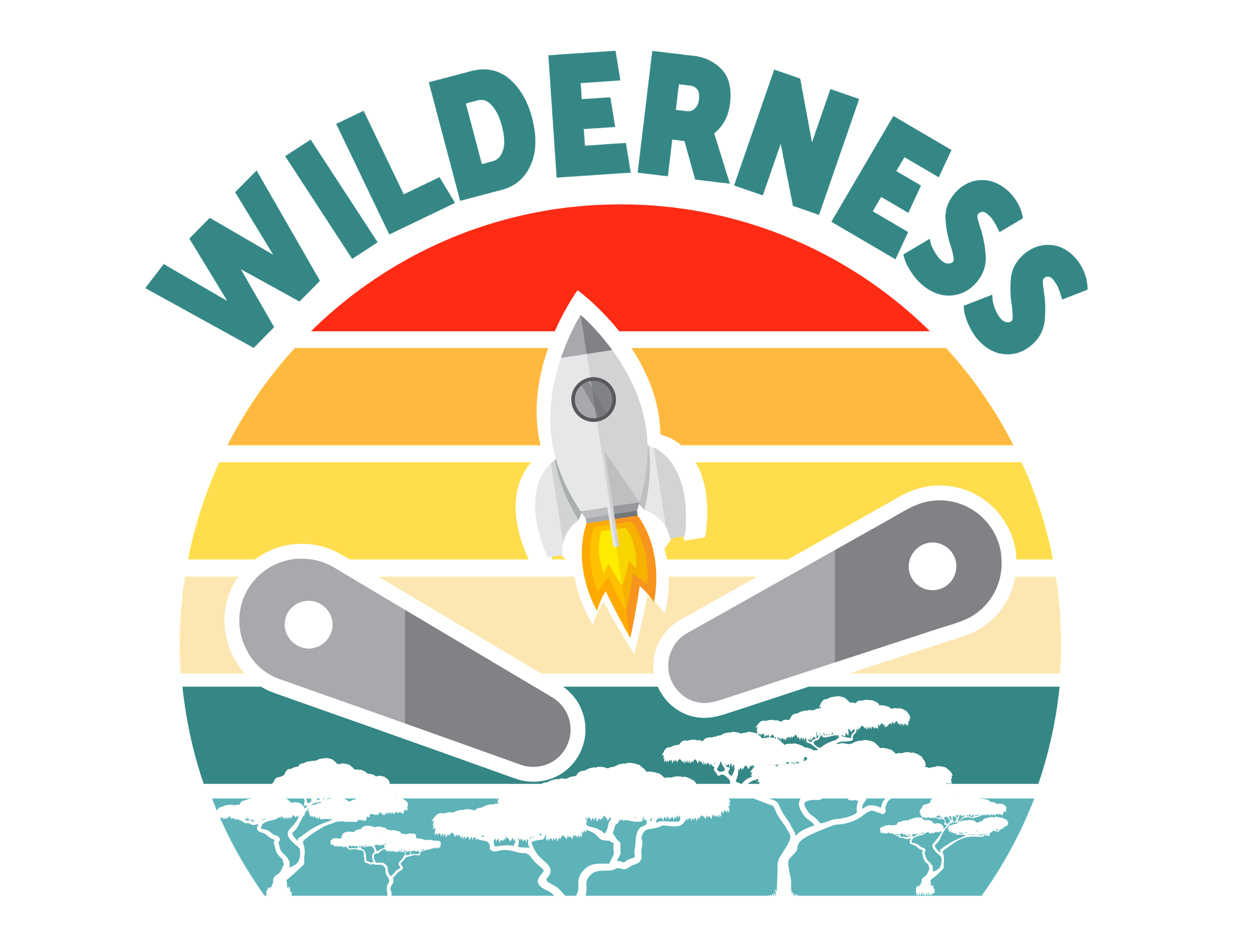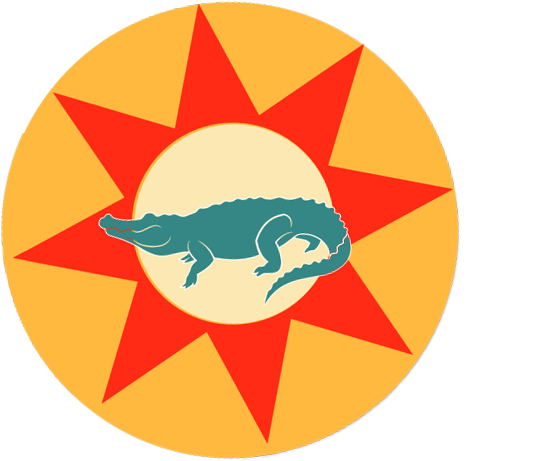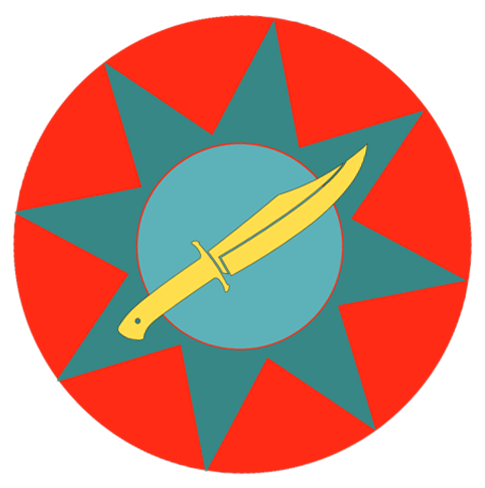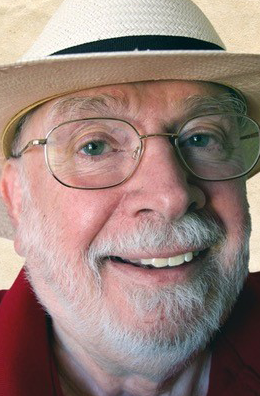Wilderness
A rocket scientist adventurer ponders what will kill you
I’m like a pinball in a pinball machine. I get knocked about a lot. I have been highly entertained and challenged by this, engaging in near-impossible tasks as an engineer on the aerospace frontier. Even better, bouncing around my somewhat eccentric career, I have met some of the most extraordinary people.
But sometimes being a pinball hurts — a lot! One evening as I arrived home from work, I knew something was wrong. My wife, Sarah, did not sing out her usual sweet greeting. She just sat quietly. She got up, took a few steps, and collapsed. Her heart had stopped. Despite 911, I knew then that she was forever gone. There is no need to elaborate. If you have had such an experience, I need say nothing; you know. If not, there are no words.


My grief took an unexpected turn. I found comfort in writing. I started writing stories of the adventures I had experienced before I met Sarah. She knew those stories, of course, and liked them. There were also the adventures that we, together, had shared. As I wrote I began to think of these true stories as letters to Sarah, wherever she might now be. It helped that as the words flowed, I felt I was speaking to Sarah. She helped me recover.
The stories are full of life and light. They are meant to entertain. There are episodes of adventure in wild places. Some stories penetrate deep into inner sanctums. But best of all, there are the people. These are exceptionally talented and interesting individuals, well worth getting to know. Each new story lifted more of the dark. Through tragedy, my life had pinballed again, deflecting me in an unexpected direction.
The stories piled up. With good fortune, at the 2020 StaRGazing Regional Gathering, I met a presenter who has a small publishing house and is an editor. We got to talking and she asked for a couple of my stories. She liked what she read. A friendship developed and, subsequently, a book: From the Potato to Star Trek and Beyond: Memoirs of a Rocket Scientist.
The book’s release last June opened new doors as we worked on publicity (more pinballing). In the following months, I had numerous radio interviews and video podcasts. In these interviews, my experience writing an episode of the original Star Trek was always a topic. But even greater attention was given to stories in the book about dangers I had faced — both in the wild and in my profession. Since then I have had time to think more deeply about how I might answer some of the questions and statements made by hosts during those interviews. Here is one: “Nature is trying to kill you,” one of my interviewers said. My response was that nature can kill you. But nature is completely indifferent. Survival is up to you.

The truth is that nature can be very dangerous. So why brave those dangers? The answer is that doing so can be wonderfully fulfilling. The psychological rewards are great. The memories are a treasure. But you should do your homework first. I’ll use as an example the lessons I learned during a monthlong 1976 expedition down the completely wild Omo River in Ethiopia.
If crocs and lions didn’t get you then disease or injury surely would. Old age was rare. Nature doesn’t care. It just is.

The Omo cuts through a deep canyon in the Ethiopian Highlands. After three weeks on the river, we ultimately found ourselves entering the Rift Valley. Downstream of the mountains, the Omo meanders south across the veld until it is the source for the great Lake Turkana in Kenya.
The long canyon of the Omo was uninhabited — a pristine wilderness. Its animals lived as undisturbed as they had been before humans came along on Earth. The area was kept free of people by the hordes of tsetse flies. These creatures kill domesticated animals and offer misery to any passing humans.
Only where the river escapes the mountains and wanders across the open grassland did we find native peoples. In those days the locals were still almost untouched by the civilization of distant highland Ethiopia. The peoples of the lower Omo were Nilotics still living in an early Neolithic world. To pass through that region was to travel back in time 10,000 years.
That world is gone now. The river has been dammed, paved roads put in, and the area electrified. The locals now have jobs. They no longer hunt for a living as in the past.
Those distant days might sound idyllic. They were not. Nature was not kind. Life in that world was dangerous and short. A native there and then had a one-in-five chance of being eaten by a crocodile. With great luck, one might live to be 40 or 50, but there is always that one-in-five chance. In those days the men all carried spears: lion spears. Plant the butt of the spear firmly in the ground to absorb the shock and angle it toward the threatening lion. You might not be charged, or you might survive if the lion attacked. If crocs and lions didn’t get you then disease or injury surely would. Old age was rare. Nature doesn’t care. It just is.
Nature didn’t care about our group either. We came prepared. And we survived. Preparation is essential for survival. The Omo was a wild whitewater river with a flow similar to the Colorado River’s, and its rapids were every bit as formidable. My preparation started when I was young. Turbulent water was home to me in the years I spent surfing and white-water river its animals, and that part of the world. Then there came weeks of suffering from the many shots that prepared my body’s defenses against this most disease-ridden part of the planet. Homework done, gear prepared, and plane tickets in hand, I was ready for this adventure.
And an adventure it was. Wilderness has its charms, but on this expedition it also had its hazards. Walking barefoot along a narrow hippo trail, I nearly stepped on a puff adder that was lazing trailside. In the water after our boat flipped in a rapid, I had a too intimate encounter with a crocodile. We barely escaped the extreme hazard of finding ourselves entangled with a herd of momma hippos sheltering their young in the river. Then there was the miserable day portaging in the equatorial sun around the most dangerous rapid I have ever seen in my thousands of miles of experience. Finally, there were the bugs, bugs with diseases. I carried home with me and still suffer from the souvenir.
But for all the dangers offered by Mother Nature on that adventure, none rival those created by man. In Ethiopia’s Addis Mercato I witnessed a murder close-up — a knife flashing before being driven home. Twice on different occasions, I stared down the barrel of a rifle whose owner was prepared to kill me. Our logistics were managed by a physics professor at the local university. The night before we returned from the expedition, his six best students were taken out of the dorm and executed by the new revolutionary communist government. We left the country amid panic from the mass slaughter that all knew was to come.
“Nature is trying to kill you.” No, it’s not. Nature just is. Man on the other hand…

